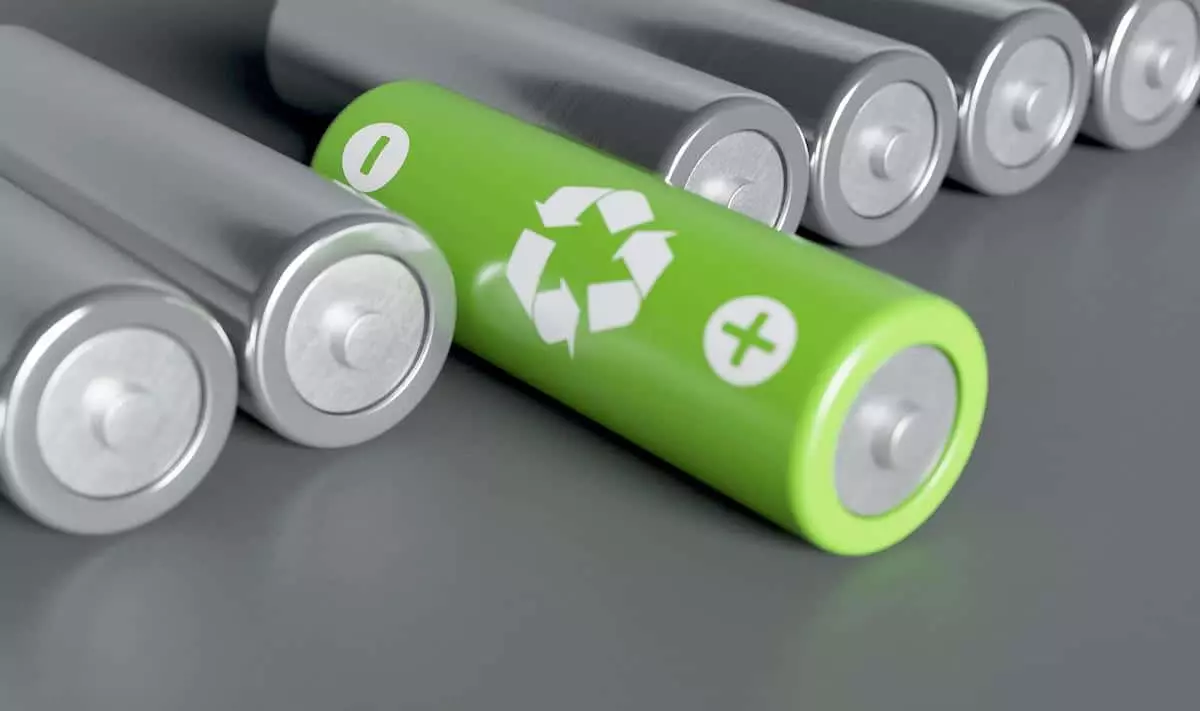Medical devices play a crucial role in healthcare, enhancing patient outcomes and quality of life. However, when these devices are defective or fail to function as intended, they can cause serious injuries or even death. If you or a loved one has suffered due to a faulty medical device, it is important to understand how to identify these defects and pursue legal claims for compensation.
Content
Identifying Faulty Medical Devices
A medical device may be considered defective if it has design flaws, manufacturing defects, or lacks proper warnings or instructions. Here are common signs that indicate a device may be faulty:
- Unusual Pain or Discomfort – If a medical implant or device causes persistent pain beyond the expected recovery period, it could be defective.
- Device Malfunction – If a pacemaker, insulin pump, or any other medical device stops working as intended, it may be a sign of a defect.
- Recalls by the FDA or Manufacturer – The U.S. Food and Drug Administration (FDA) regularly issues recalls for medical devices that pose safety risks.
- Unexplained Health Complications – If a patient experiences unexpected complications or worsening health conditions after using a medical device, it may be faulty.
If you suspect that a medical device has caused harm, it is essential to seek legal guidance. The More 2 You Law, P.C. firm provides dedicated legal assistance for victims of defective medical devices.
Steps to Pursue a Claim for a Faulty Medical Device
Pursuing a legal claim for injuries caused by a defective medical device involves several steps. Here’s what you need to do:
1. Seek Medical Attention
If you suspect a medical device has caused harm, your health should be the top priority. A doctor can assess the damage, provide treatment, and document medical records, which can be vital evidence in a legal claim.
2. Preserve the Defective Device
If possible, keep the faulty device in your possession. This is crucial evidence that can help prove a defect. Avoid altering or tampering with the device.
3. Collect Evidence
To build a strong case, gather the following:
- Medical records detailing the injuries caused by the device
- Any communications from the manufacturer regarding recalls or warnings
- Photographs of injuries and the device
- Testimonies from healthcare providers
4. Check for Recalls and Warnings
Research whether the device has been recalled or if the FDA has issued safety alerts. This information can support your claim.
5. Consult a Defective Medical Device Lawyer
Legal expertise is crucial in these cases, as medical device claims often involve large manufacturers and complex litigation. The Defective Medical Devices Attorneys at More 2 You Law, P.C. specialize in helping clients seek compensation for medical device-related injuries.
6. File a Legal Claim
Your attorney will determine the best course of action, which may include:
- Product Liability Lawsuits – Holding manufacturers accountable for design defects, manufacturing errors, or failure to warn consumers.
- Class Action Lawsuits – If multiple individuals have been harmed by the same device, a class action may be appropriate.
- Medical Malpractice Claims – If a healthcare provider improperly recommended or installed a defective device, they may also be liable.
7. Negotiate a Settlement or Go to Trial
Many defective medical device claims are settled out of court. However, if a fair settlement is not reached, your attorney may take the case to trial to seek maximum compensation.
Why Legal Representation Matters
Navigating a claim against a medical device manufacturer can be challenging. Experienced legal professionals at More 2 You Law, P.C. can guide you through the legal process, ensuring you receive the compensation you deserve for medical expenses, lost wages, and pain and suffering.
If you or a loved one has suffered due to a defective medical device, don’t wait to take action. Contact More 2 You Law, P.C. today for a free consultation and legal guidance tailored to your case.

Bradley attended Boston University where he received a Bachelor’s degree in Economics and Political Science as well as a Master’s degree in Business Administration from Columbia University Graduate School of Business (currently attending). He loves to write about everything business related.











